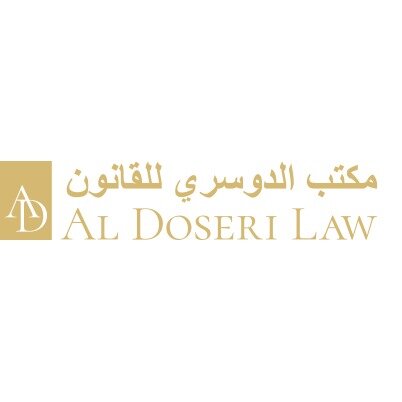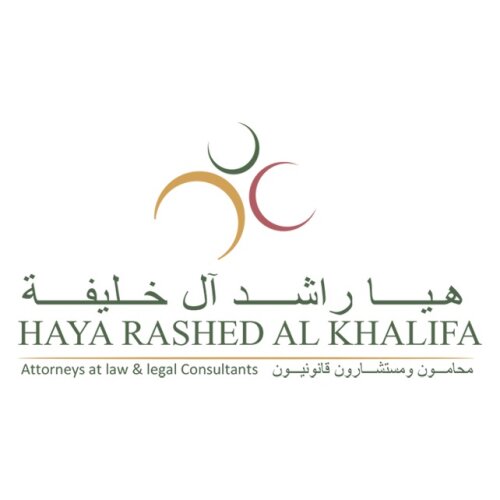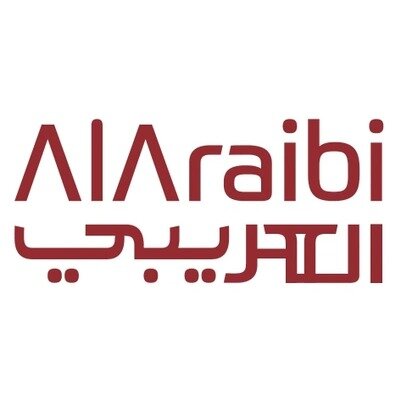Best Conveyancing Lawyers in Bahrain
Share your needs with us, get contacted by law firms.
Free. Takes 2 min.
Free Guide to Hiring a Real Estate Lawyer
Or refine your search by selecting a city:
List of the best lawyers in Bahrain
About Conveyancing Law in Bahrain
Conveyancing in Bahrain refers to the legal process of transferring property ownership from one party to another. This process involves several stages, including verification of the seller’s title, preparation and signing of official documents, compliance with regulatory requirements, and registration of the property with the relevant government authority. Bahrain’s legal system combines civil law principles with Islamic law, which can impact how conveyancing transactions are conducted. Transactions related to properties are primarily governed by Bahraini laws, particularly the Law of Real Estate Registration and other related statutes.
Why You May Need a Lawyer
Conveyancing transactions involve a variety of legal and administrative procedures that can be complex for individuals unfamiliar with the process. A lawyer specializing in conveyancing can help to:
- Ensure the seller has clear and marketable title to the property
- Draft, review, and explain sale and purchase agreements
- Conduct due diligence, including searches for mortgages, encumbrances, or legal disputes over the property
- Guide clients through regulatory requirements and obtain necessary approvals
- Represent clients in negotiations and address disputes or complications
- Oversee the process of registration and payment of all necessary taxes and fees
- Assist with special circumstances, such as inheritance or property gifted by family
- Simplify the process for foreign investors, expatriates, and first-time buyers in Bahrain
Local Laws Overview
There are several essential legal aspects to keep in mind when engaging in conveyancing in Bahrain:
- Property Transactions Law: The Bahrain Law of Real Estate Registration requires all transfers of real property to be registered with the Survey and Land Registration Bureau (SLRB) to be legally valid.
- Ownership Restrictions: Foreign nationals can own property only in designated areas, such as Amwaj Islands, Durrat Al Bahrain, Reef Island, and certain other zones.
- Title Verification: Buyers must confirm that the seller possesses clear ownership and that there are no pending debts, legal claims, or encumbrances attached to the property.
- Notarization and Registration: Sale agreements and transfer documents must be properly notarized and registered for the transfer to be recognized under Bahraini law.
- Fees and Taxes: Both buyers and sellers are responsible for various fees, such as registration charges and stamp duties, which are typically calculated as a percentage of the property’s value.
Frequently Asked Questions
What is the role of the Survey and Land Registration Bureau in conveyancing?
The Survey and Land Registration Bureau (SLRB) is the government authority responsible for registering property transactions and ensuring the legality of all real estate dealings in Bahrain.
Can foreigners buy property in Bahrain?
Foreigners are permitted to buy property in certain designated freehold zones. Restrictions apply outside these areas, so legal guidance is recommended.
What documents are needed to complete a property purchase?
Commonly required documents include identification, proof of funds, a signed sale agreement, original title deeds, and government-issued property registration forms.
How long does the conveyancing process take?
The process duration varies but typically takes between 3 to 8 weeks, depending on document availability, regulatory checks, and registration processing times.
Are mortgages available for property purchases in Bahrain?
Yes, both residents and eligible non-residents can obtain mortgages from Bahraini banks, subject to the bank’s lending criteria and the property’s location.
Do I need to be present in Bahrain to buy property?
While it is advisable to be present, buyers may grant power of attorney to a representative or lawyer to act on their behalf during the transaction.
What fees are involved in conveyancing?
Fees may include agency commissions, registration fees (commonly 2 percent of the purchase price), legal fees, and sometimes stamp duty. These should be clarified before proceeding.
What checks should be carried out before buying property?
Due diligence should include reviewing title deeds, seeking clearance letters for utilities and municipal fees, and checking for outstanding mortgages or disputes.
Is property inheritance governed differently for non-Muslims?
Inheritance matters can be complex and may be subject to Sharia law for Muslims. Non-Muslims may request the application of their national laws, but legal counsel is essential in such cases.
What happens if there is a dispute over property ownership?
Disputes may be resolved through negotiation, arbitration, or litigation in Bahraini courts, depending on the nature and complexity of the issue. Legal advice should be sought promptly.
Additional Resources
For additional information or assistance, consider reaching out to:
- Survey and Land Registration Bureau (SLRB) - Main government authority for property registration
- Ministry of Justice, Islamic Affairs and Waqf - Oversees legal and dispute resolution processes
- Bahrain Bar Society - Useful for finding accredited lawyers specializing in conveyancing
- Central Bank of Bahrain - Resource for mortgage and financial regulations for property transactions
Next Steps
If you require legal assistance with conveyancing in Bahrain, consider the following steps:
- Gather all relevant documentation regarding the property and your identification
- Make a list of any specific questions or concerns you may have
- Contact a qualified lawyer or legal firm specializing in conveyancing and real estate law in Bahrain
- Request a consultation to assess your case, clarify the process, and discuss legal fees
- Follow your lawyer’s advice closely throughout the entire transaction, including negotiations, agreement drafting, and registration procedures
- Keep records of all correspondence, agreements, and payments related to the transaction
Seeking professional legal guidance ensures your interests are protected and that the process complies fully with Bahraini law.
Lawzana helps you find the best lawyers and law firms in Bahrain through a curated and pre-screened list of qualified legal professionals. Our platform offers rankings and detailed profiles of attorneys and law firms, allowing you to compare based on practice areas, including Conveyancing, experience, and client feedback.
Each profile includes a description of the firm's areas of practice, client reviews, team members and partners, year of establishment, spoken languages, office locations, contact information, social media presence, and any published articles or resources. Most firms on our platform speak English and are experienced in both local and international legal matters.
Get a quote from top-rated law firms in Bahrain — quickly, securely, and without unnecessary hassle.
Disclaimer:
The information provided on this page is for general informational purposes only and does not constitute legal advice. While we strive to ensure the accuracy and relevance of the content, legal information may change over time, and interpretations of the law can vary. You should always consult with a qualified legal professional for advice specific to your situation.
We disclaim all liability for actions taken or not taken based on the content of this page. If you believe any information is incorrect or outdated, please contact us, and we will review and update it where appropriate.
Browse conveyancing law firms by city in Bahrain
Refine your search by selecting a city.
















